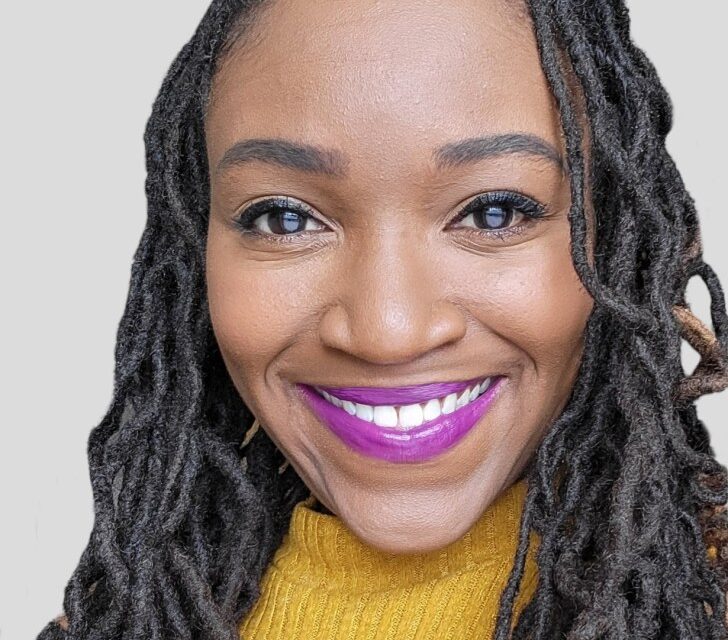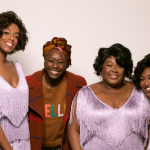By Alexis Taylor
AFRO Managing Editor
Growing up, my mother was known for working.
She was your classic Black woman workhorse, 1964 edition.
What my father didn’t teach me about work ethic, my mother did. But the lessons were different. Extra shifts at work, Christmas clock-ins and years of vacations where she could do nothing but sleep. There were no sandy beaches for her- vacation always meant a small respite from her one, usually two, jobs to simply sleep.

Like most Black mothers, she was doing it all for her family. My mother dutifully took care of my two brothers and I in every way possible, regardless of what life threw at her– and there were some tall mountains to climb. During my childhood, everything she did was to serve others.
As a nurse, with a heart for children, the elderly and the disabled, it was my mother’s calling to help others. She routinely helped organize events at our church of choice, near whatever military base we were living on at the time. At work, she was known for being the first person to arrive and the last person to leave. Her work had to be finished before she left– no outstanding deliverables could be left for the next shift of nurses and aides. Her friends always knew they could call on her for help– whether it be money to hold them over to payday, or shelter as they solidified housing plans. My mother’s answer was always “yes.”
And then, a shift.
My mother started going to therapy. She read a book called “Boundaries: When to Say Yes, When to Say No, To Take Control of Your Life,” by Henry Cloud and John Townsend. She started telling people “no,” and I saw their reactions. They weren’t happy that she couldn’t be run ragged serving their purposes, with little or no benefit to her. She saw– and I saw, peeking from the background– who her real friends and family were.
The lessons were clear.
Self-care can be hard. Self-care can be ugly. But it’s necessary, because here’s the hard truth: People will allow you to run yourself to death and then get mad when you drop.
For me, at the heart of self-care is a person who believes they are worthy of care. The Cambridge Dictionary defines “care” as “the process of protecting someone or something and providing what that person or thing needs.”
How can a person protect or provide for others if they don’t have what they need? And if you’re not protecting or providing for yourself, the bigger question is– “why?” Whether it be exercise, food, sleep, space to decompress or that doctor’s appointment that keeps getting postponed, the time is now to prioritize you.
Only you can put yourself first. And for all the parents out there, remember, there are people watching you to develop their own sense of self worth through their own self-care practices.
A funny thing happened when my mother began to prioritize her own self-care, she began to truly live. Her heart for service still beats true to this day, as she continues to work in the healthcare field. But she’s happier and less stressed in a new position, more aligned with her interests, within the same company. She still volunteers at church, but in a capacity that doesn’t overwhelm her or her personal time. While I still have to occasionally remind her to clock out, today she serves as a new example– a shining example– of what happens when you put yourself first.
The post The duty of self-care appeared first on AFRO American Newspapers.











